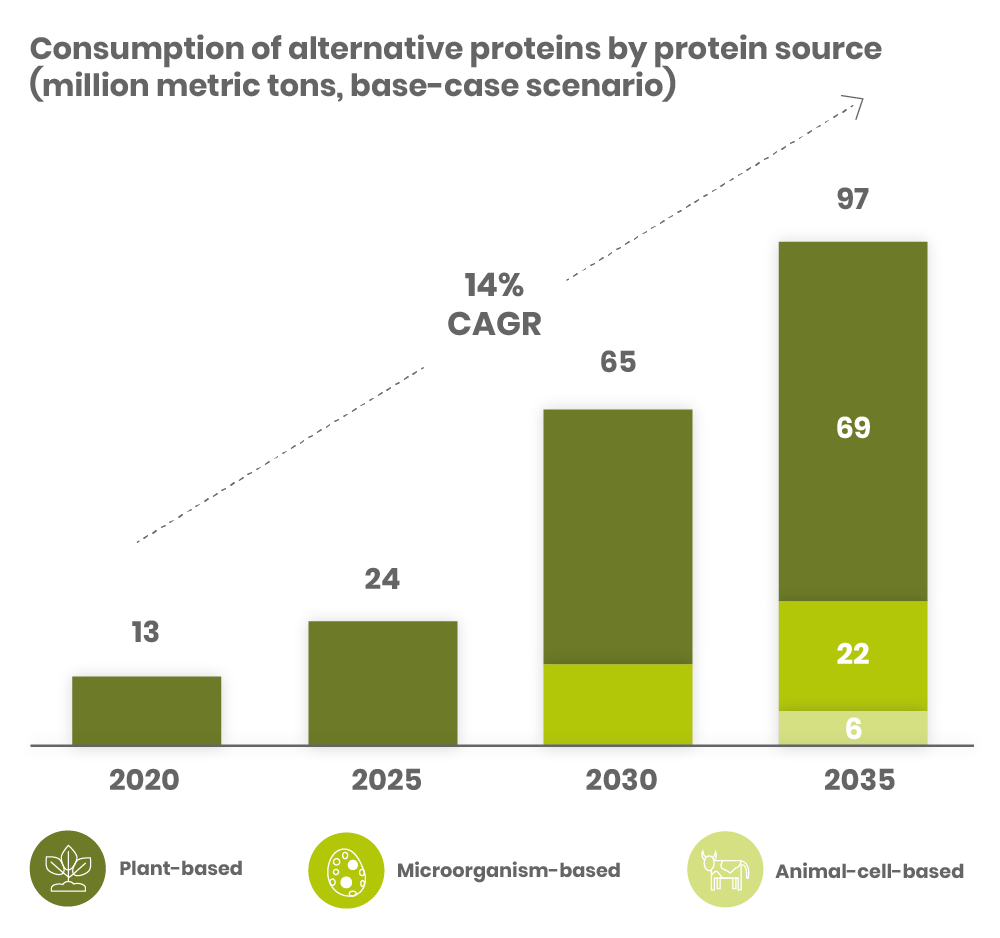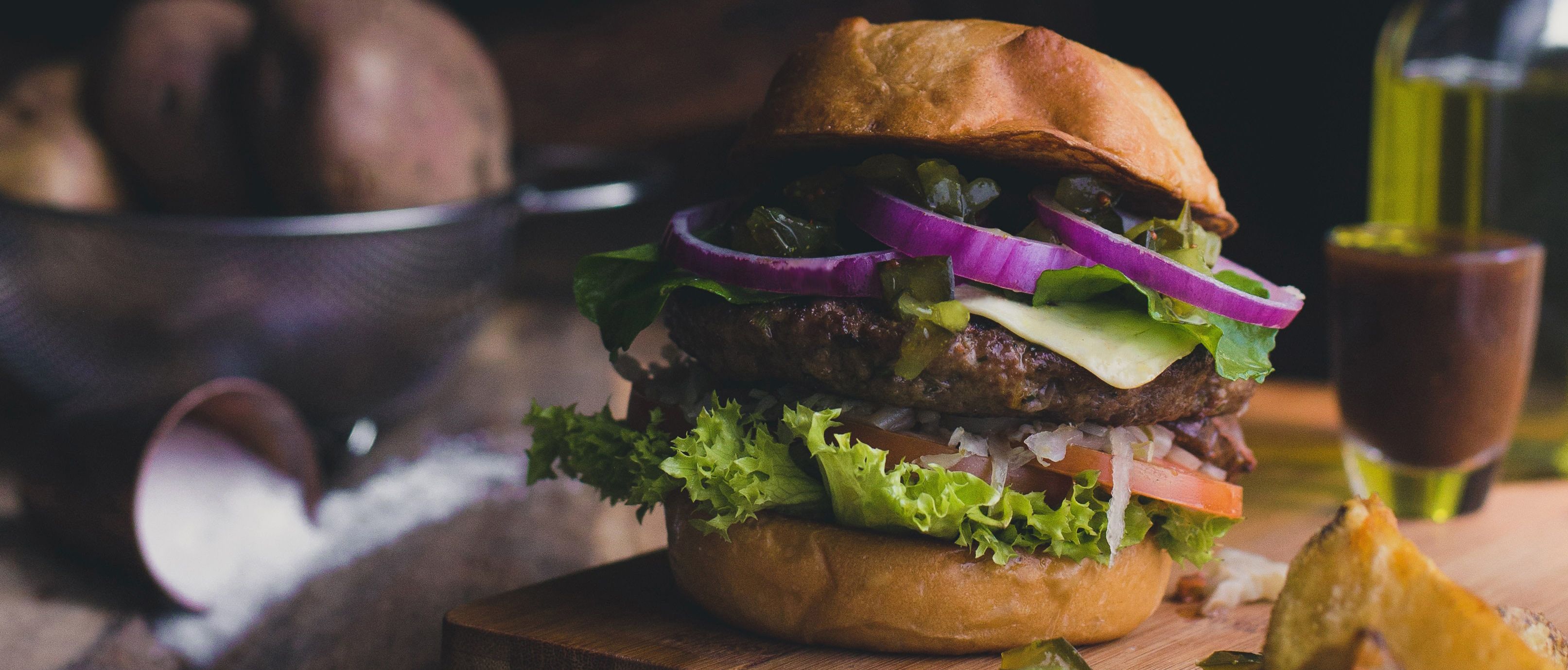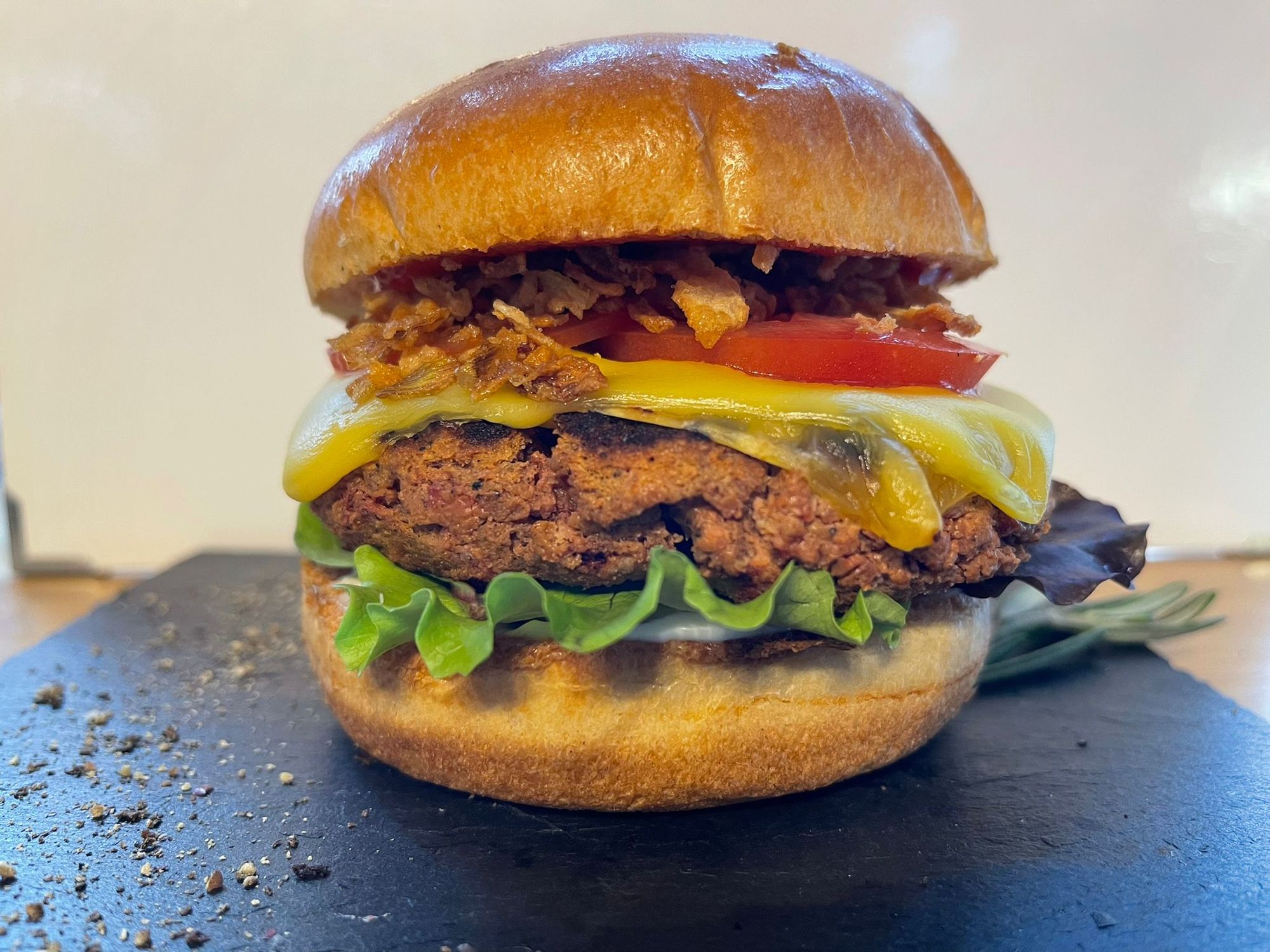Research Project: "TASTINO"
The research project launched under the name TASTINO complements the research in the area of use and suitability of hemp varieties grown regionally in Baden-Württemberg for the production of protein-rich food products.

Signature Products has received a commitment for a funding programme from the state of Baden-Württemberg for the development of a regional hemp protein value chain. As part of the Bioeconomy Innovation and Investment Programme for Rural Areas (BIPL BW), the Ministry for Rural Areas and Consumer Protection Baden-Württemberg (MLR) is funding the project valued at around 1 million euros. The University of Hohenheim, which is supporting us in the project, will receive about 365.000 euros. The research project now launched under the name TASTINO (“SchniTzel, Hanftofu, PASTa & Co aus dem Reallabor Hanf - proteINbasierte Lebensmittel aus regiOnalem Hanfanbau”) complements the research in the area of use and suitability of hemp varieties grown regionally in Baden-Württemberg for the production of protein-rich food products.

The overall objective is to develop innovative processes, technologies and recipes for the production of protein-rich foods such as tofu, pasta, plant-based meat etc. from regionally grown hemp. Initially, we will test various business models under real conditions in the form of a so-called real-life laboratory and bring them to market maturity. In close cooperation with farmers, regional processors, representatives of the gastronomy and food retail trade (LEH) in Baden-Württemberg, we will then finally develop various food products based on hemp protein and make them available to the end consumer as regional products in the retail trade. The whole value chain from the raw product (hemp seeds) to the final product (food) will be grown, harvested and processed in Baden-Württemberg.
With our hemp protein from Germany, we want to contribute to bringing sustainably produced food to the market and draw more attention to the versatility of the hemp plant. The project is intended to help close local material cycles and meet the strong demand for high-quality, protein-based, regionally produced food. In this way, we hope to make a decisive contribution to the future self-sufficiency of the population in Baden-Ẅürttemberg and to be able to create diverse, sustainable jobs in various sectors in the field of agriculture and food processing along the value chain.

What motivated us the most to initiate this project was the thought of global problems such as the rising world population, increasing urbanisation and the growing income level. These go directly hand in hand with an increasing demand for meat and other animal foods that are not sustainable. Poor dietary habits, irresponsible production patterns and environmental pollution are some of the inherent problems. A global dietary shift with an increased focus on the intake of plant-based foods instead of animal-based foods could be an important key to improving human as well as planetary health.
More and more people are trying to avoid eating animal protein for health, environmental and ethical reasons and are looking for alternative solutions with plant-based protein sources. However, the market for these meat substitutes is still relatively small. Currently, Europe, the leader, has a 40% share of the total global market for meat substitutes and experts estimate that it will reach about €2.4 billion in 2025.

The hemp plant not only has great medicinal potential, but is increasingly becoming the focus of interest for the production of novel, ecologically and sustainably produced, protein-rich foods. Against it’s reputation, the intoxicating effect plays no role here: only industrial hemp varieties are grown in the fields of the Hohenheim experimental station Ihinger Hof near Renningen. These are practically free of the psychoactive substance THC.

Hemp seeds have up to 25 % protein, a concentration which is similar to that of egg white. They contain all essential amino acids and thus have a high biological value. In addition, the seeds are easily digestible and have a desirable, chewy, meat-like texture that creates the sensation of biting on meat in the mouth. Signature Products already supplies hemp seeds and hemp proteins to various major customers. Most products that are currently still made from soy or pea protein can also be produced from sustainable and regionally produced hemp proteins in the future. The price of hemp protein is already comparable to e.g. that of soy. There are many reasons for supporters of the sustainable hemp plant to be optimistic about the future.
In the project, we are cooperating strongly in the area of research with the Institute of Crop Sciences at the University of Hohenheim. The university’s Cultivation Systems and Modelling working group, headed by Prof. Dr. S. Graeff-Hönninger, has already been involved in researching various facets of the hemp plant for many years. They are currently researching around 20 hemp varieties on the experimental plots to determine which variety would be best suited for which end product. The research group is interested, e.g. in what the ideal cultivation conditions should be, whether the plants are susceptible to diseases or how high the yield is. They pay special attention to the composition of the seeds, especially the protein and oil concentration.
In the coming year, the area under cultivation is to be doubled, perhaps even tripled. In parallel, the researchers are also investigating social and economic sustainability, consumer acceptance of the products and the possibilities for creating new jobs. Ultimately, their findings will lead to recommendations for political decision-makers.
Farmers, restaurateurs or even supermarket operators from Baden-Württemberg who are interested in the project and would like to participate for research purposes can contact the working group of the university directly. We are looking forward to this project in cooperation with the University of Hohenheim and want to be able to establish Hohenheim as a major hemp location and hope that our resulting delicious regional products will soon be available in the shelves of regional supermarkets.

Contact University of Hohenheim:
Apl. Prof. Dr. Simone Graeff-Hönninger
Universität Hohenheim - Arbeitsgruppe
Anbausysteme und Modellierung
T +49 (0)711 459 22376
E simone.graeff@uni-hohenheim.de
